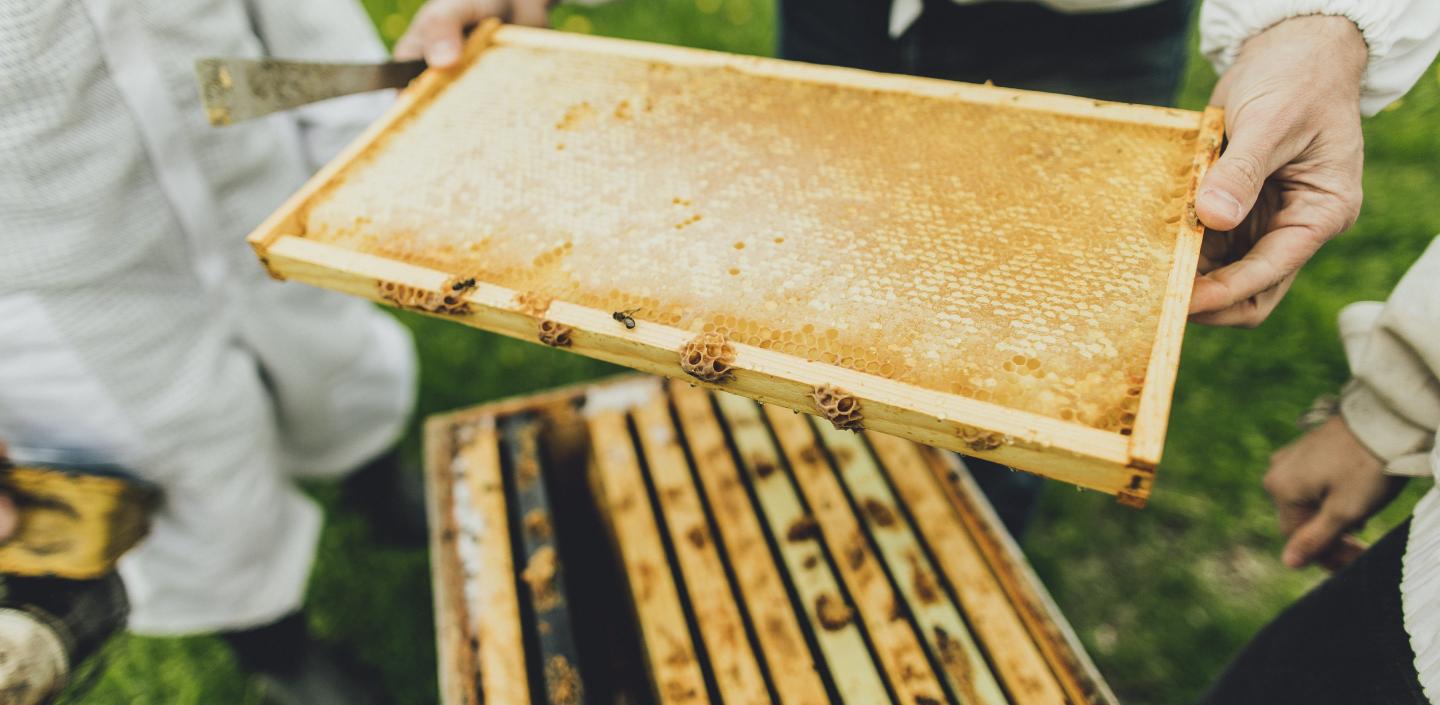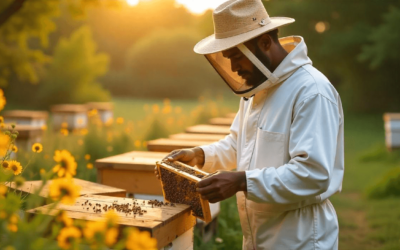Beekeeping has been a practice in Kenya for centuries. However, in recent years, it has gained more attention due to the potential economic benefits it offers. Beekeeping, also known as apiculture, involves keeping bees for their honey, wax, and pollination services. In this article, we will explore the pros and cons of beekeeping in Kenya.
Pros:
- Income generation
Beekeeping is a lucrative business that can provide a stable income for farmers. With the increasing demand for honey and related products both locally and internationally, beekeeping can offer a steady source of income for farmers and their families.
- Environmental benefits
Bees play a crucial role in pollination, which is essential for the growth and production of crops. By keeping bees, farmers can increase the yield and quality of their crops, contributing to food security and environmental sustainability.
- Low capital investment
Beekeeping is relatively easy to start and does not require a significant capital investment. Farmers can start small with a few beehives and gradually scale up as their knowledge and experience grow.
- Health benefits
Honey is a natural sweetener that has several health benefits. It contains antioxidants, vitamins, and minerals that are essential for the body. Additionally, honey has antibacterial properties that can help in wound healing and improve overall immunity.
- Job creation
The beekeeping industry provides employment opportunities for both skilled and unskilled labor. From the production of beehives and related equipment to the processing and packaging of honey, there are several jobs created along the value chain.
- Diversification of income
Beekeeping can be an excellent opportunity for farmers to diversify their income streams. In addition to honey, beeswax and other bee-related products such as propolis and royal jelly can also be sold for additional income.
- Sustainable farming
Beekeeping is a sustainable farming practice that can help farmers reduce their reliance on chemical pesticides and fertilizers. Bees are natural pollinators that can increase crop yields and improve soil health, reducing the need for harmful chemicals.
Cons:
High initial costs: While beekeeping does not require significant capital investment, the initial costs of purchasing beehives and related equipment can be high for small-scale farmers. Additionally, ongoing maintenance costs, such as feeding bees and protecting them from pests and diseases, can also add up.
- Labour-intensive
Beekeeping requires regular maintenance and monitoring of the hives, which can be time-consuming and labour-intensive. This can be challenging for farmers who have other responsibilities on their farms.
- Climate change
Climate change can have a significant impact on beekeeping. Extreme weather events such as droughts and floods can affect the availability and quality of nectar and pollen, reducing the productivity of the hives.
- Pests and diseases
Bees are susceptible to various pests and diseases that can affect their health and productivity. Managing these pests and diseases can be challenging and require regular monitoring and treatment.
- Market challenges
While there is a growing demand for honey and related products, the market can be volatile and unpredictable. Farmers may struggle to find buyers for their products or may face price fluctuations that can affect their income.
- Land use conflicts
Beekeeping can sometimes lead to conflicts with other land uses such as farming and grazing. This can be especially challenging in areas with limited land and resources.
- Risk of bee stings
Beekeeping involves working closely with bees, which can pose a risk of bee stings. While bee stings are generally not life-threatening, they can be painful and cause allergic reactions in some people.
Conclusion
Beekeeping has several advantages and disadvantages in Kenya. While it can be a lucrative business that provides income and environmental benefits, it also comes with challenges such as high initial costs. With proper training and support, however, beekeeping can be a profitable and sustainable farming practice that benefits both farmers and the environment. Ultimately, it is up to individual farmers to weigh the pros and cons and make an informed decision about whether beekeeping is a viable option for their farm.






0 Comments